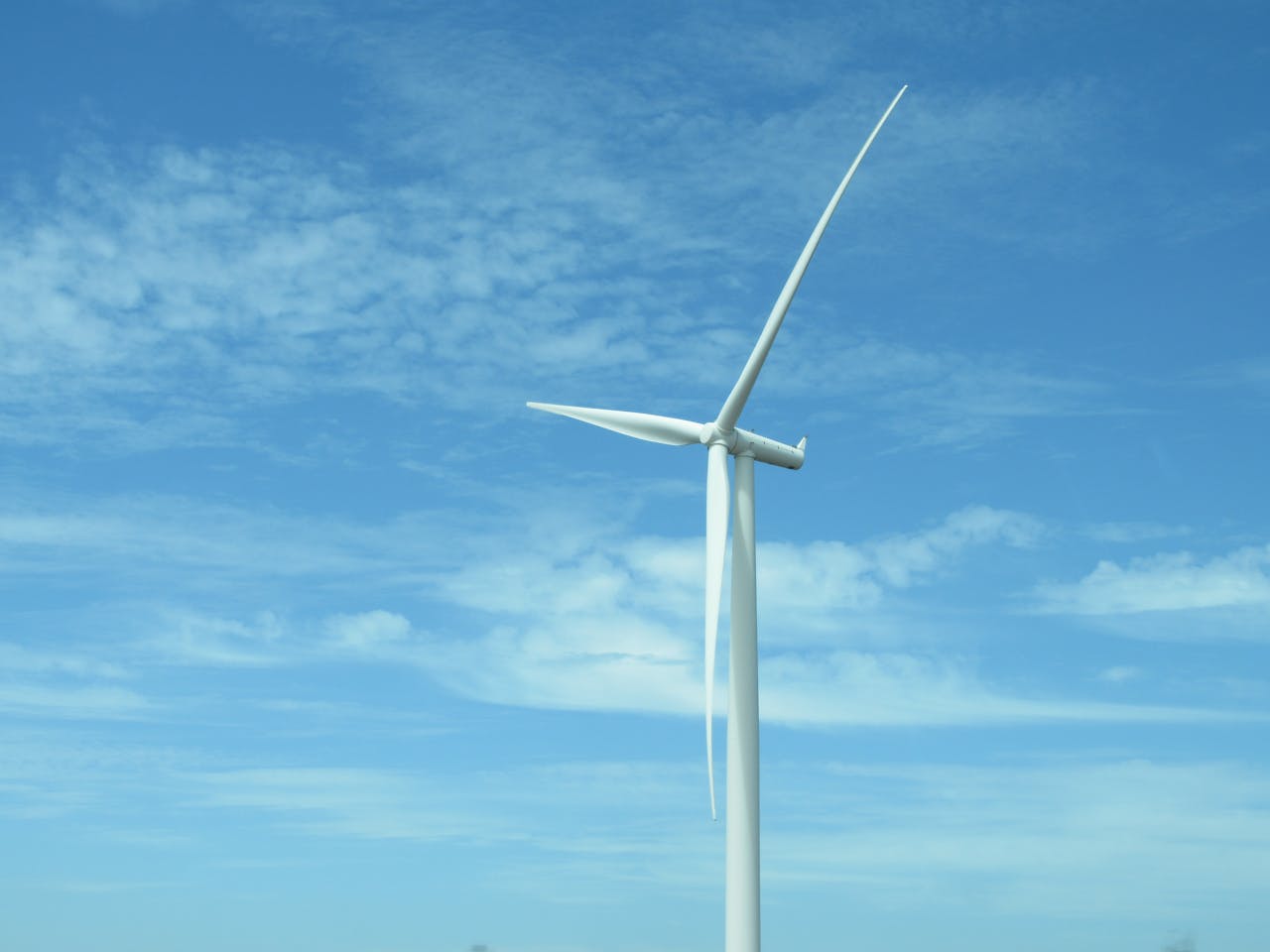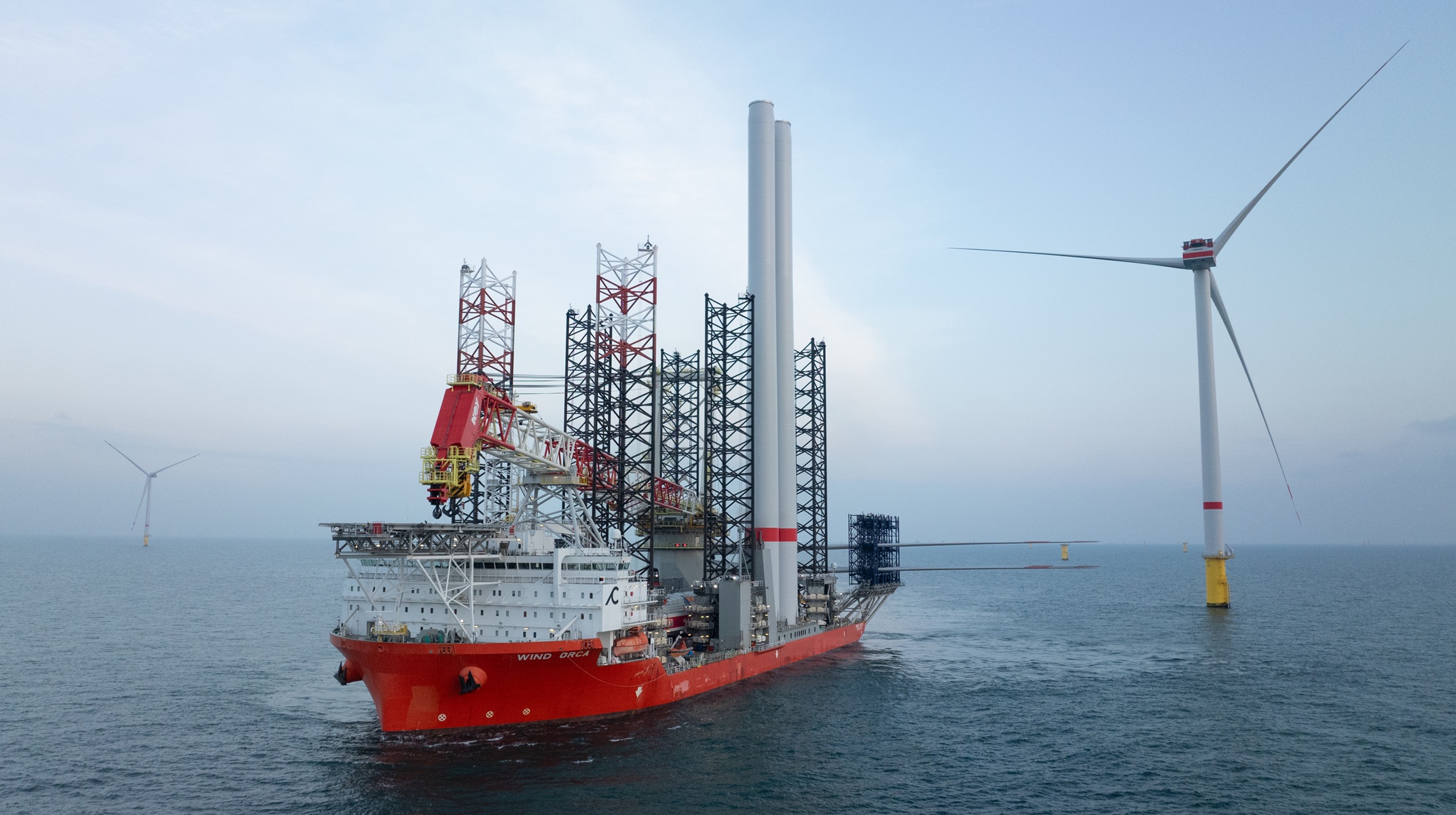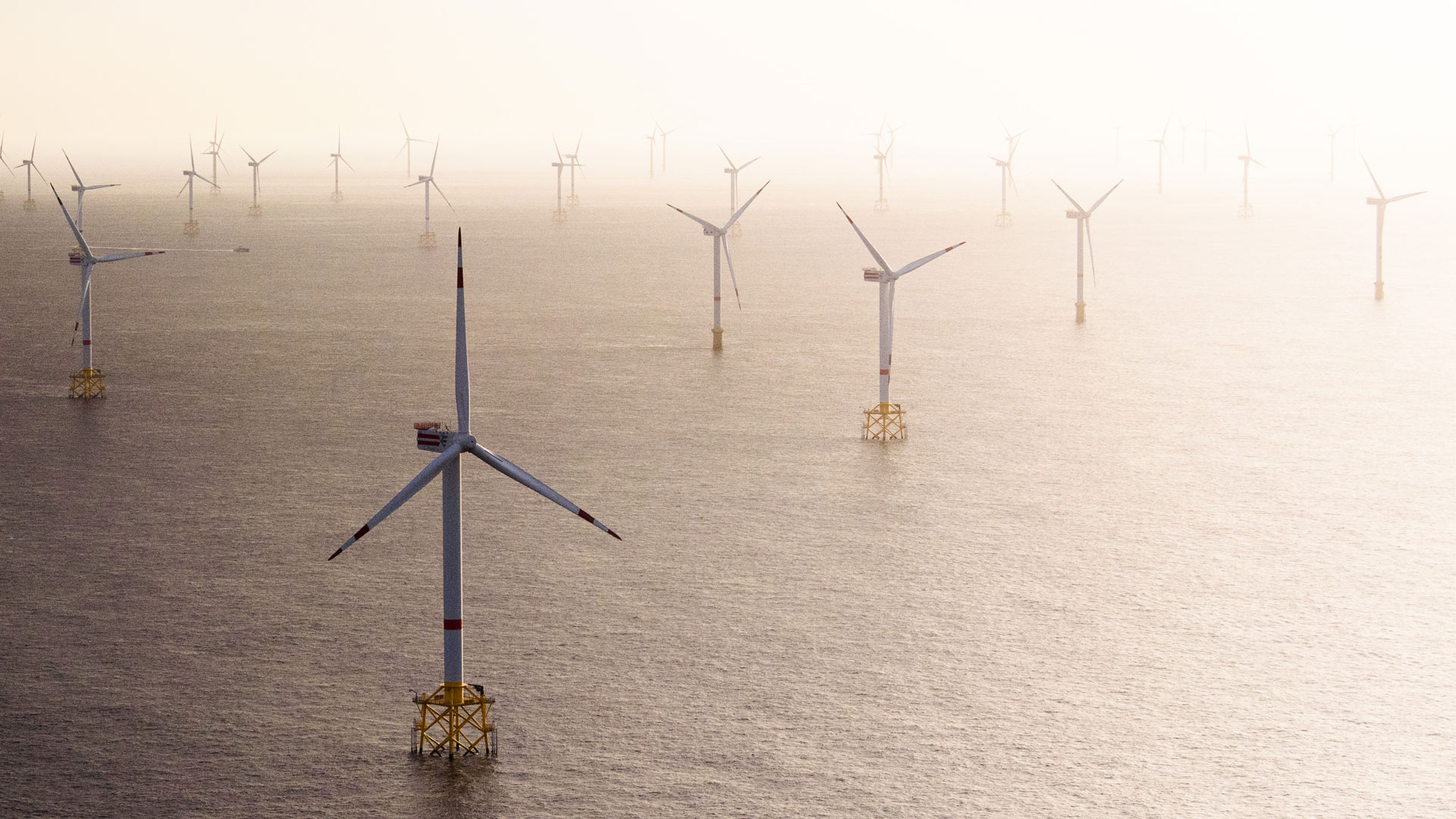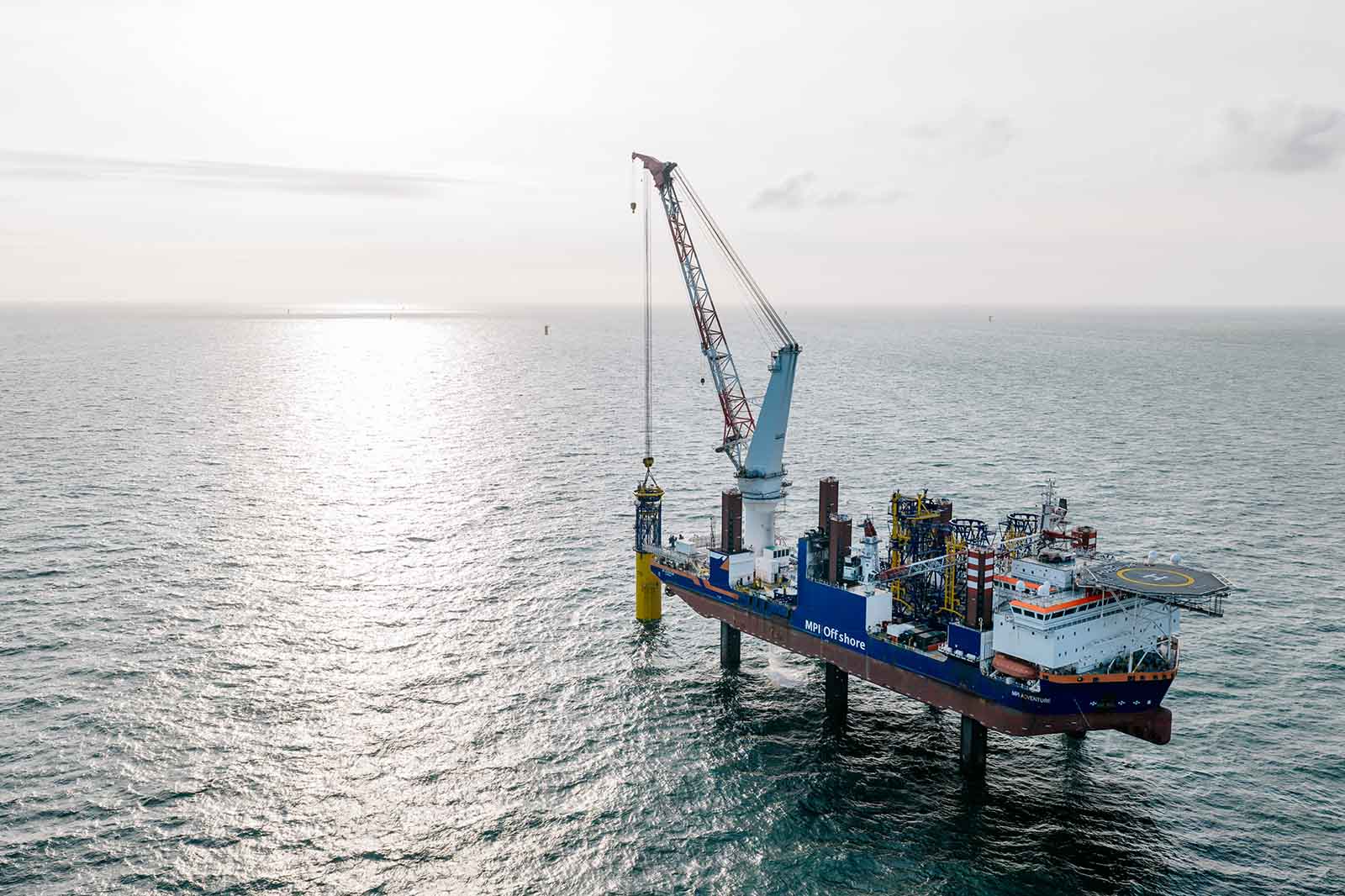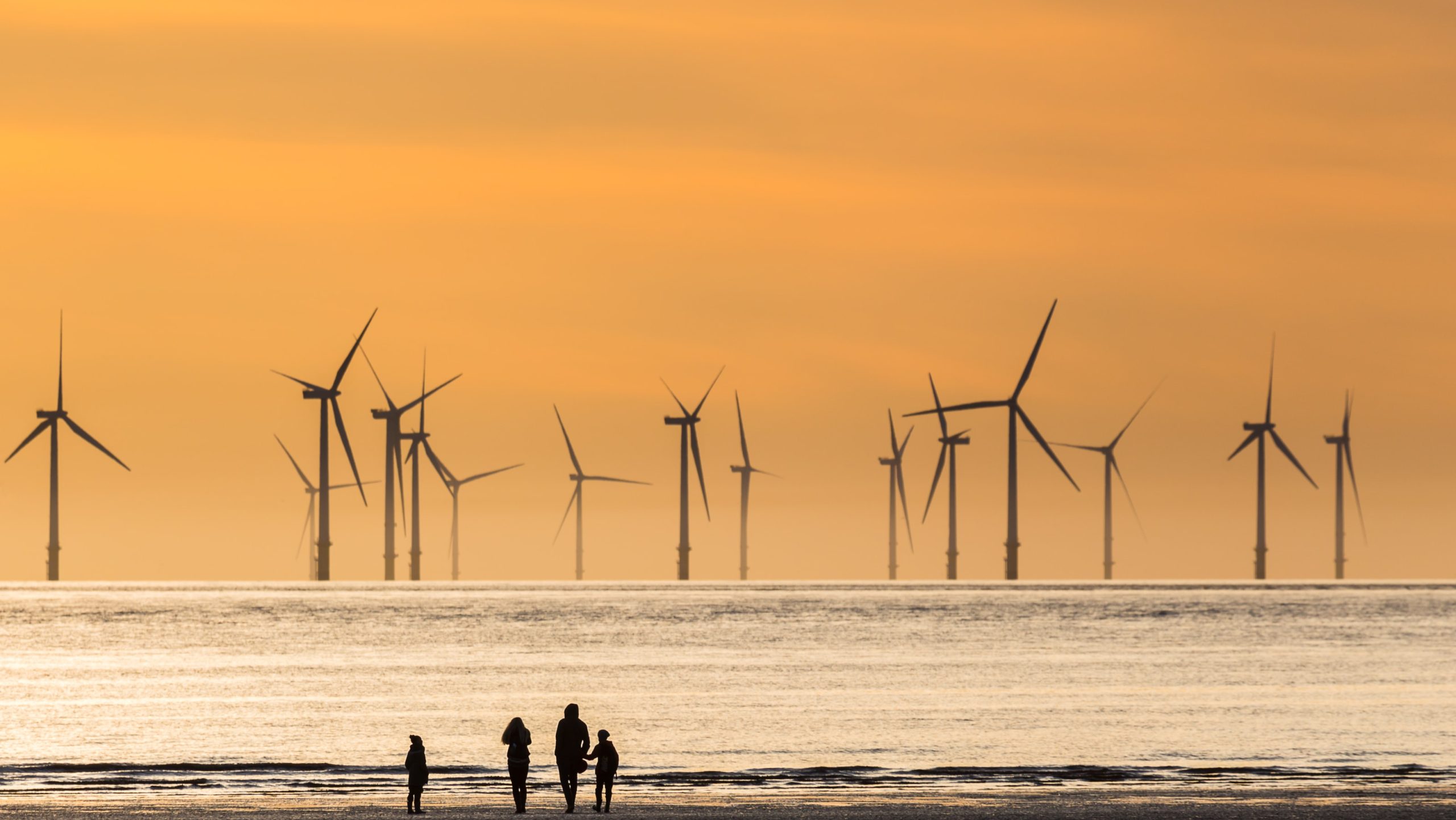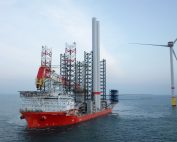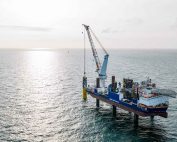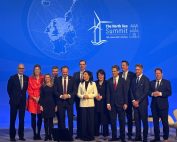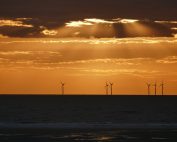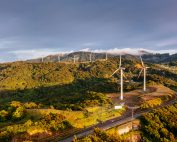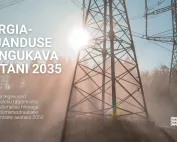The Polish Wind Energy Association (PSEW) and the Wind Industry Hub Foundation (WIH) are set to present the “Polish Offshore Wind Industry Development Strategy” at a press conference tomorrow, April 17, 2025, at 10:00 AM at the PAP Press Center in Warsaw. This document, hailed as the first comprehensive roadmap for the country’s offshore wind sector, arrives at a crucial juncture as Poland navigates its energy future and economic priorities.
The strategy’s unveiling coincides with recent statements by Polish Prime Minister Donald Tusk, who declared “the end of this naive globalization” and emphasized the need for “rebuilding the national economy, repolonizing the Polish economy, market, and capital”. Tusk stressed the importance of Polish companies participating in key national economic projects and demanded “strict reporting from all investments in State Treasury companies”.
In alignment with this vision, the “Polish Offshore Wind Industry Development Strategy” aims to increase the involvement of domestic contractors in offshore wind farm projects within Poland’s Baltic Sea economic zone and transform the wind energy industry into a driving force for the Polish economy. Developed by the Wind Industry Hub Foundation, established by PSEW, in collaboration with experts, the strategy maps the ecosystem of the domestic contractor market and proposes specific implementation programs to secure the participation of Polish industry in the global offshore wind energy supply chain. The first industry consultations of the strategy took place during the PSEW Offshore Wind Poland 2024 conference.
“This must succeed in Poland. Industry has been the core of our economy for decades, contributing one-fifth of the GDP and recording one of the most stable and dynamic growth rates in the EU. The value of foreign investments in Poland has more than tripled in the last 20 years, and during this time, the growth of accumulated GDP in Poland was 100%, with an EU average of 27%. Seeing the opportunities emerging with new technologies, let’s finally stop talking about the national supply chain potential in offshore wind energy and start implementing it,” says Dominika Taranko, Managing Director and Vice President of Wind Industry Hub.
The strategy emphasizes that wind energy is crucial for the effective and rapid transformation of Poland’s energy system, as well as for ensuring the competitiveness and resilience of the Polish economy. It underscores that a strong industrial base and a local supply chain are essential for a successful green transition, with Polish companies having the potential to become significant players in the global wind energy supply chain.
“The new branch of the economy is a huge opportunity for Polish companies involved in the production and supply chain for onshore and offshore wind. Domestic entrepreneurs have the potential to offer1 the main structural elements in the near future, i.e., wind towers, turbine components, offshore transformer stations. However, urgent support and decisive investment actions2 are needed. A conscious industrial strategy of the state is necessary, which will set priorities in the development of factories, projects, industry education, or obtaining financing,” says Janusz Gajowiecki, president of the Polish Wind Energy Association.
The Polish investment program in offshore wind farms, estimated at several hundred billion zlotys, is not only the largest investment in post-war Poland but also a key element of the country’s energy transformation.3 According to the draft National Energy and Climate Plan, submitted for public consultation in October, wind energy is projected to constitute 136.9 TWh out of the 195.3 TWh of electricity produced in 2040 – representing 70%.
The strategy’s authors highlight the undeniable existence of a huge market for components, infrastructure, and services. Their analysis indicates that by 2030, Europe will face a shortage of all key components, services, and personnel for the sector, with bottlenecks already visible or expected within 1-2 years in some supply chain segments. Simultaneously, China’s global dominance in the wind industry is growing, impacting the trade balance between Europe and China and other markets in the wind sector.
Recognizing the risks and consequences of losing competitiveness, the European Commission is focusing on a green industrial deal and the re-industrialization of Europe in a low-emission model. Institutional and financial support for green investments aims to enhance the EU’s raw material, energy, and economic security by building a resilient and competitive local industry.
The authors of the “Polish Offshore Wind Industry Development Strategy” address the challenges of the domestic supply chain and propose systemic solutions related to financing, education, innovation, and security. The document also includes an institutional roadmap and a business analysis of recommended development models within the identified priority programs.
The upcoming press conference will further elaborate on the strategy’s key assumptions and implementation plans.
Source: PSEW & BalticWind.EU
